|
|
|
Editor's note
|
|
As pollution levels rise, the planet warms and sea-levels rise, planning for environmental challenges is crucial. William Moomaw, Gillian Davies and Max Finlayson explain why wetlands, storing huge quantities of carbon, are some of the world’s most undervalued weapons against climate change. When disasters do strike, Daniel Aldrich explains how social media influences decisions on whether people evacuate or stay in place. Meanwhile, Luciana Esteves argues
that sometimes relocation is the only safe climate-proof response.
But it’s not just natural disasters that need to be planned for. Britta Denise Hardesty, Chris Wilcox, Kathy Ann Townsend and Qamar Schuyler argue that if we can estimate how much plastic it takes to kill a turtle, we can figure out just how much of a threat plastic is to endangered sea turtle populations.
|
Moina Spooner
Commissioning Editor: East Africa
|

|
|
Planning for disaster
|
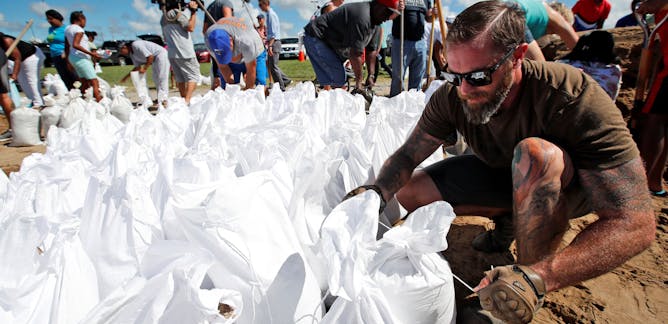
Daniel P. Aldrich, Northeastern University
Many factors can influence people to evacuate or stay in place when disasters loom. Research using Facebook posts suggests that people with broad social networks are more apt to get moving.
| |
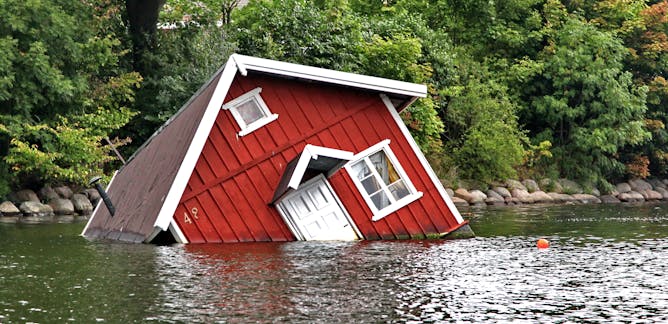
Luciana Esteves, Bournemouth University
Relocation from risky areas is the only safe response.
|
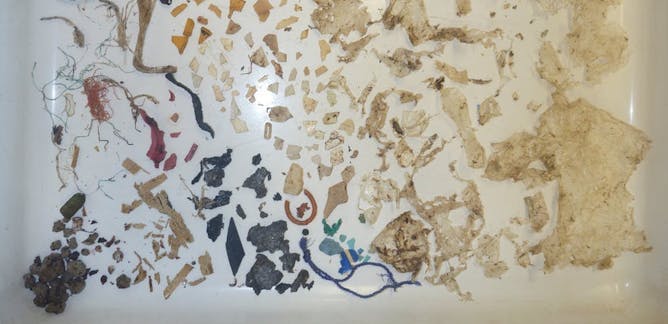
Britta Denise Hardesty, CSIRO; Chris Wilcox, CSIRO; Kathy Ann Townsend, University of the Sunshine Coast; Qamar Schuyler, CSIRO
Autopsies of 1,000 turtles washed up on Australian beaches paint a grim picture of the impact of plastic debris. Even a single piece can be deadly, and on average 14 pieces equals a 50% fatality rate.
| |
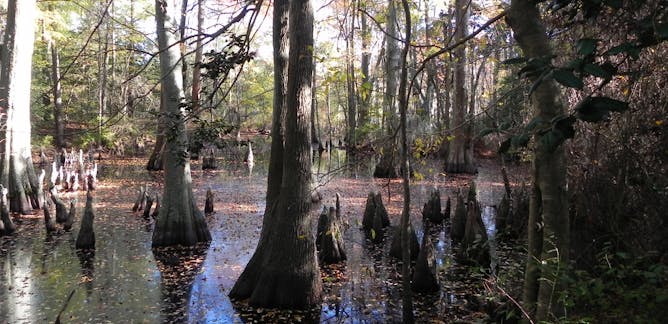
William Moomaw, Tufts University; Gillian Davies, Tufts University; Max Finlayson, Charles Sturt University
Wetlands are some of the world's most undervalued weapons against climate change. They store huge quantities of carbon – but without better protection, many could soon be drained or paved over.
|
|
|
Arts + Culture
|
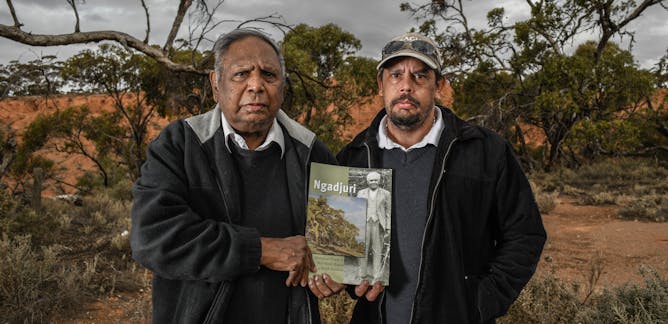
Claire Smith, Flinders University; Gary Jackson, Flinders University; Geoffrey Gray, The University of Queensland; Vincent Copley, Flinders University
In the 1940s, the last initiated Ngadjuri man, Barney Waria, gave a series of interviews to anthropologist Ronald Berndt. Almost 80 years later, Waria's grandson wants to share this material with his family.
| |

Joseph McQuade, University of Toronto; Emily LeDuc, Queen's University, Ontario
'Hotel Mumbai,' which premiered at the Toronto International Film Festival, is an 'anthem of resistance;' a film that highlights the things ordinary people can do in extraordinary circumstances.
|
|
|
| |
| |
| |
| |
| |
| |
|
|
|
|
|
|
|